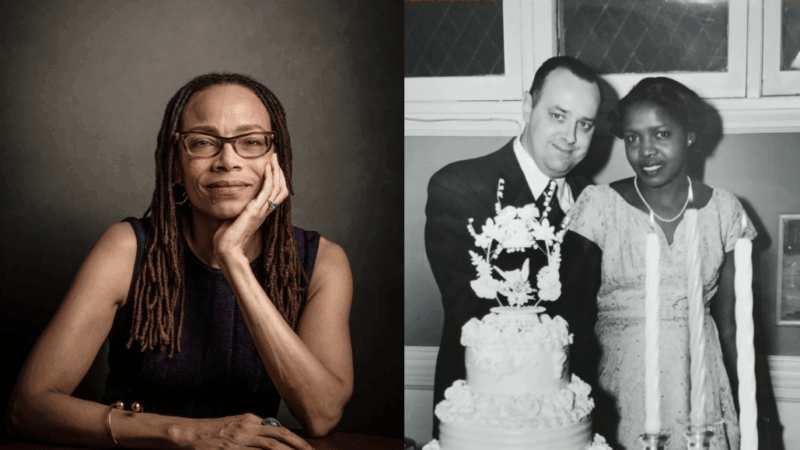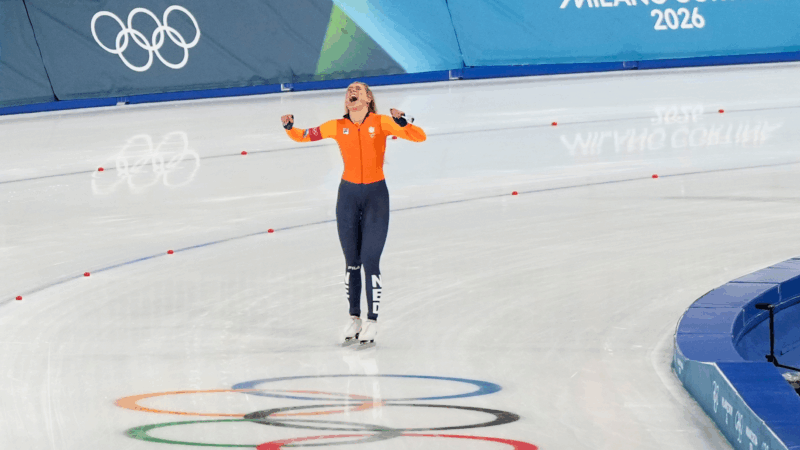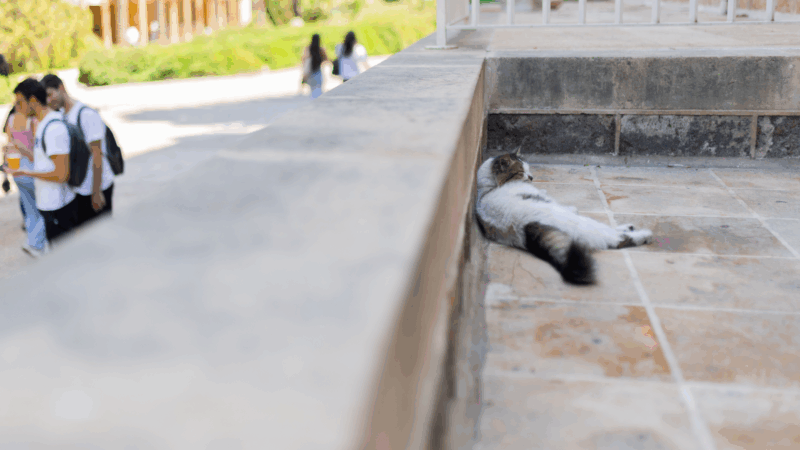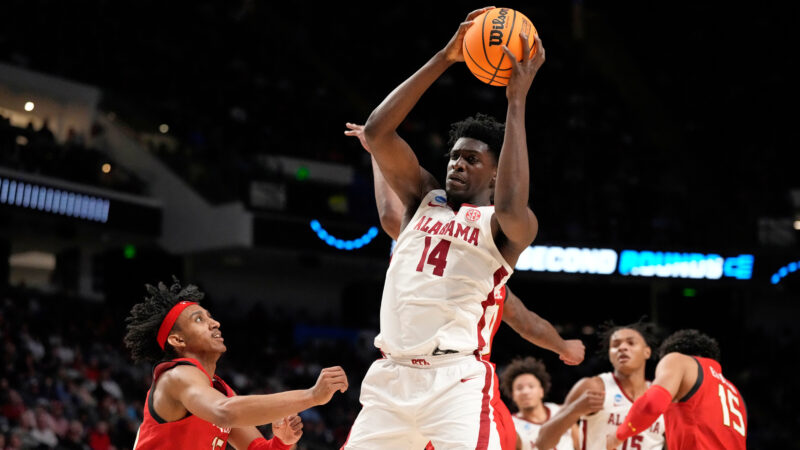A Dialogue on the Brain with the Dalai Lama
A Dialogue on the Brain with the Dalai Lama
The brain is a changing organ that can heal itself after injury. That’s the message from a dialogue involving the Dalai Lama and scientists at UAB’s Alys Stephens Center Saturday.
The symposium, titled “Neuroplasticity and Healing,” featured the research of Michael Merzenich and UAB neuroscientist Edward Taub. Merzenich pioneered the concept of neuroplasticity — the ability of the brain to grow, change, and heal. Scientists previously thought once a person reached adulthood, his or her brain was basically fixed. If the brain was injured, there was little that could be done to repair it.
Taub’s research has shown that’s not the case. He developed Constraint-Induced Movement Therapy which has been used to treat victims of stroke and other brain injuries. The therapy “rewires” the brain so the patient regains movement in the affected body part.
One person’s experience with the therapy
Merzenich and Taub presented their findings as the Dalai Lama periodically interrupted with questions.
“Since childhood [I] was always curious,” said the Dalai Lama. “Whenever I came across something new, I always raised the question why? How?”
The Dalai Lama explained that neuroscience is an area he has had a long-time interest in and by meeting with scientists he seeks to expand his knowledge and make real life applications.
East vs. West
Symposium moderator Norman Doidge noted the differences between Eastern and Western approaches to medicine. Western methods tend to break down and analyze while Eastern medicine looks more holistically. He says there had often been misunderstanding between the two sides but neuroplasticity offers a bridge.
“Many of the claims that Eastern medicine was making fell on deaf ears because we didn’t have a concept to explain how these mental practices could achieve the outcome that were often claimed,” said Doidge. “So there was a tendency to distrust them…think them superstitious.”
During the Dalai Lama’s visit, his first to Alabama, he will also host an interfaith dialogue at the Alabama Theater Sunday morning and give a public talk on secular ethics at Regions Field Sunday afternoon.
Meanwhile protesters have followed the Dalai Lama’s appearances in Birmingham. Members of the International Shugden Community say he has banned the tradition of praying to the Buddhist deity Dorje Shugden. Protesters say this has led to an aggressive campaign of persecution and discrimination against the sect.
~ Andrew Yeager, October 25, 2014
Pakistan-Afghanistan border closures paralyze trade along a key route
Trucks have been stuck at the closed border since October. Both countries are facing economic losses with no end in sight. The Taliban also banned all Pakistani pharmaceutical imports to Afghanistan.
Malinowski concedes to Mejia in Democratic House special primary in New Jersey
With the race still too close to call, former congressman Tom Malinowski conceded to challenger Analilia Mejia in a Democratic primary to replace the seat vacated by New Jersey Gov. Mikie Sherrill.
A daughter reexamines her own family story in ‘The Mixed Marriage Project’
Dorothy Roberts' parents, a white anthropologist and a Black woman from Jamaica, spent years interviewing interracial couples in Chicago. Her memoir draws from their records.
Reporter’s notebook: A Dutch speedskater and a U.S. influencer walk into a bar …
NPR's Rachel Treisman took a pause from watching figure skaters break records to see speed skaters break records. Plus, the surreal experience of watching backflip artist Ilia Malinin.
In Beirut, Lebanon’s cats of war find peace on university campus
The American University of Beirut has long been a haven for cats abandoned in times if war or crisis, but in recent years the feline population has grown dramatically.
Judge rules 7-foot center Charles Bediako is no longer eligible to play for Alabama
Bediako was playing under a temporary restraining order that allowed the former NBA G League player to join Alabama in the middle of the season despite questions regarding his collegiate eligibility.





